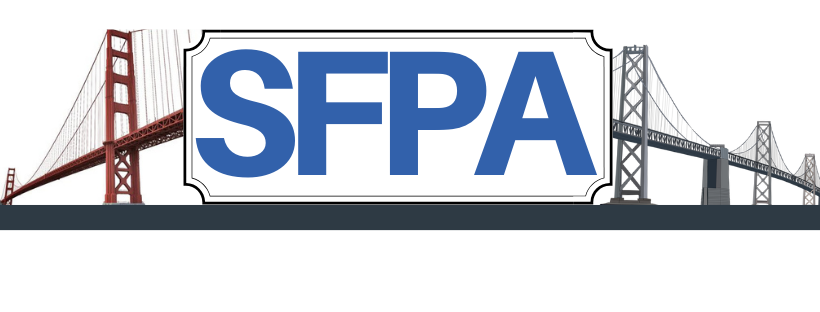ABA Journal
August 24, 2017
By Jason Tashea

Screenshot from meetyourda
Prosecutors in California are about to receive a lot more mail.
The ACLU of California released Hey, Meet Your DA!, an interactive website where people can learn about and directly contact any of the state’s 58 county prosecutors. The intent is to bring the criminal justice reform movement to district attorneys’ offices around the state.
“District attorneys are among the most powerful elected officials in local government,” Ana Zamora, criminal justice policy director with the ACLU of Northern California, said in a statement. “The decisions they make impact the lives of millions of people, including families and entire communities.”
The project is active in all 58 California counties and provides background on the role of DAs, a portal to contact the prosecutor’s office and the public positions DAs took on criminal justice ballot initiatives. Collectively, this project shines a light on a democratically elected, but often overlooked role.
“Bringing a community organizing ethic to what has previously been a blind spot of the movement — the role of DA’s — we are going to be able to imagine larger systemic changes that can change the trajectory of California’s addiction to incarceration,” Raj Jayadev, executive director of Silicon Valley De-bug, said in and emailed statement.
Accompanying the website is a report from the ACLU of California and the Fair Punishment Project at Harvard Law School. The report looked at four criminal justice ballot initiatives that became law in California since 2012. These initiatives included reforming the three-strikes law, increasing youth access to parole and the legalization of recreational marijuana for adults.
While the user can drill down to the positions taken by individual DAs, the juxtaposition between an initiative’s outcome and the public position of the prosecutors is stark. For example, the report shows that Prop 36, which narrowed the state’s three strikes law in 2012, passed with nearly 70 percent of the vote, however only three of the 58 DAs publicly supported the initiative.
“It’s a simple and catchy way to see what DAs do,” says John Pfaff, professor of law at Fordham University School of Law and author of Locked In: The True Causes of Mass Incarceration and How to Achieve Real Reform.
Pfaff says that the focus on all counties, and not just population centers, increases the value of this project. “Smaller community DAs are becoming more punitive, or at least no less aggressive,” he argues. “Making it easy to understand what these smaller county prosecutors are doing is incredibly important.”
The website reflects a national trend in the criminal justice reform movement to elect DAs interested in systemic reform. Due to the discretion given to prosecutors, advocates see these elections as a key way to achieve change without the longer slog associated with legislative lobbying and impact litigation.
Philanthropist George Soros, for example, funneled more than $3 million into seven races in six states during the 2016 election cycle, according to Politico. He continues to spend money in local prosecutor races, including the one for district attorney of Philadelphia in which Larry Krasner won the Democratic nod this past spring.
As for the new project in California, it is too early to know what the impact will be. However, the increased national focus on elected prosecutors seems to be working, says Pfaff.
“It used to be that DAs would almost never lose a race … Now, we are starting to see incumbents getting ousted in primaries and general elections,” he says.
http://www.abajournal.com/news/article/With_an_eye_toward_reform_new_website_lets_people_learn_about_Californias_d

